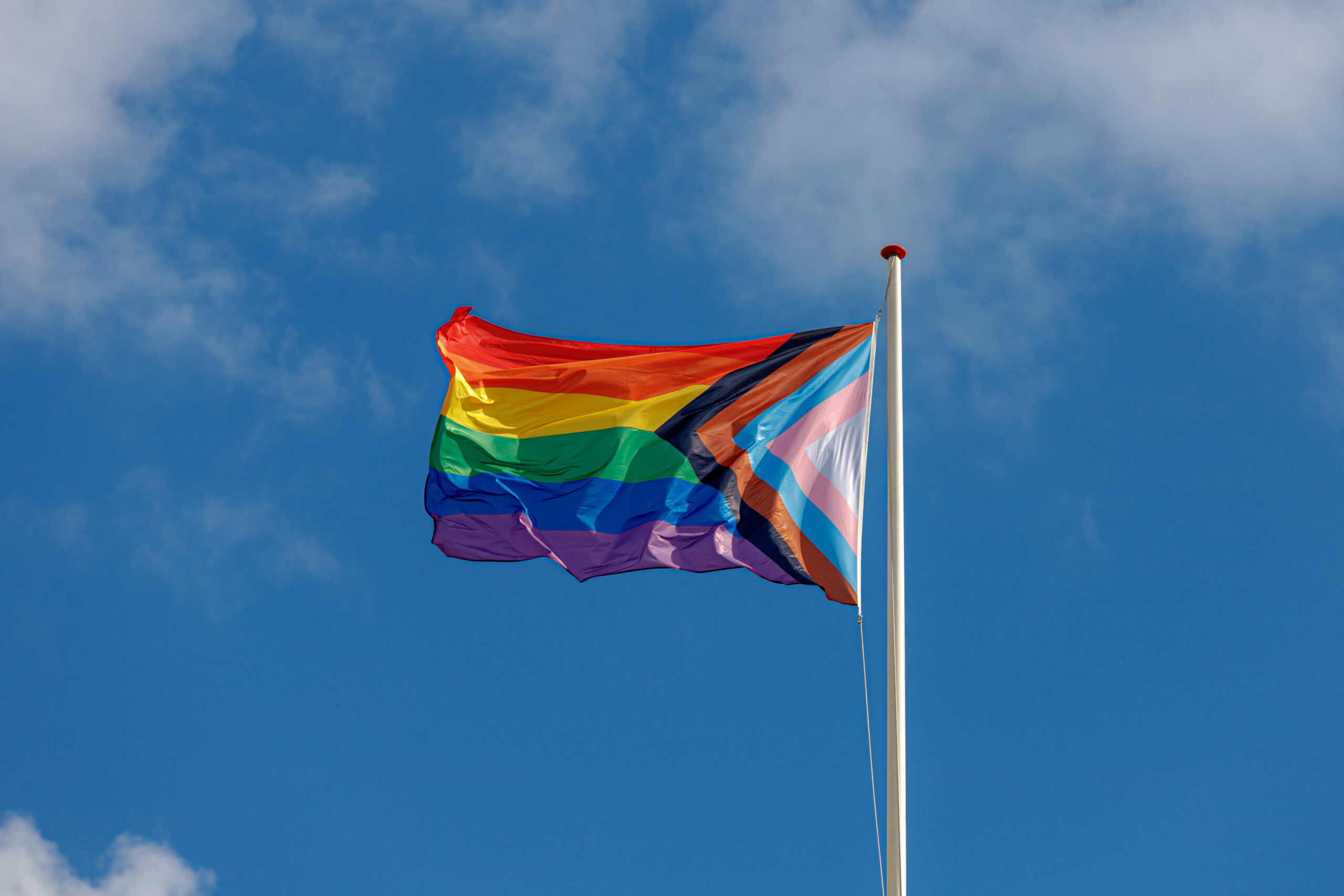
On January 7, 2022, Bill C-4 became law across Canada and conversion “therapy” became illegal. The criminalization of this practice was adopted unanimously by MPs, in support of a motion that was presented by Conservative MP Rob Moore in 2022. Years later, significant education is still needed to ensure understanding of these practices and their effects, and how they exist within a larger social context of queerphobia, transphobia and legislative assaults on 2SLGBTQIA+ human rights.
Even before they became illegal, these practices violated social work’s code of ethics and practice standards. Despite being called conversion therapy (or reparative therapy) this practice is not therapeutic. Rather, all interventions intended to change a person’s sexual orientation, gender identity, and gender expression to become cisgender and/or heterosexual are dangerous.
These harmful practices can take two forms in particular — medical and religious — and are part of a larger set of practices and beliefs that constitute SOGIECE (sexual orientation and gender identity expression change efforts) which include larger structural factors such as queerphobic laws and policies that also influence individuals, often predisposing them to becoming susceptible to conversionary practices.
Research indicates that these practices increase the risks for self-harm and suicidality in a population that is already vulnerable to mental health challenges due to larger systemic biases and injustices.
These “therapies” were widely practiced in Canada until relatively recently. Many providers may not realize that some of the practices that they were taught in school could violate this law, and due to lack of awareness and training, they may continue to unintentionally cause harm to queer folks. Many of those who have been subjected to these practices may not realize what happened to them nor how these experiences and influences intertwine with their mental health challenges. Finally, despite Canada’s ban, many “coaching” services are offered virtually, sometimes from other countries where they are still legal.
Education and research are therefore critical to fully understand the scope and pervasiveness of these practices, and their short- and long-term effects, which are already known to include dangerous – and sometimes lethal – consequences. Because conversionary efforts can affect a person’s understanding of who they are viscerally, the damage can be significant and overwhelming.
Further research is also needed to develop the different affirming and healing practices that are needed to help survivors recover. Often, it takes interacting with others to begin to understand the extent of harm that was inflicted and to begin to discern the path to healing. Given how important awareness can be at this early stage of the criminalization of this practice, a significant amount of effort has been dedicated both to raising awareness through education and the development of resources to support survivors. Some of these include:
- CT Survivors Connect, a virtual peer support group
- Let Me Be Me: A Legal Information Guide to Canada’s Conversion Therapy Ban, published by the Legal Information Society of Nova Scotia
- Printable #EndCTForAll explainers from Egale Canada (et aussi en français)
- Training program from fondation émergence (English/Français)
- The Community-Based Research Center (CBRC) has curated an excellent resource page and has led the creation of the Stop Conversion Practices knowledge centre
The labour and leadership of the CBRC in this arena are of particular note. They are collaborating with a number of survivors, leaders and subject matter experts in this area, including former NSCSW staff member Dr. Naj Siritsky, RSW-Clinical Specialist, to create a national coalition that will be focused on working collaboratively to raise awareness and research in this area.
While working at NSCSW, Naj created a three-part educational series for us based upon a combination of first-voice lived experiences as well as ecological social work perspectives to inform one’s clinical and advocacy practices.
We look forward to how the further development of practice resources will support our members in ensuring safe(R) social work practice and supporting SOGIECE survivors.





